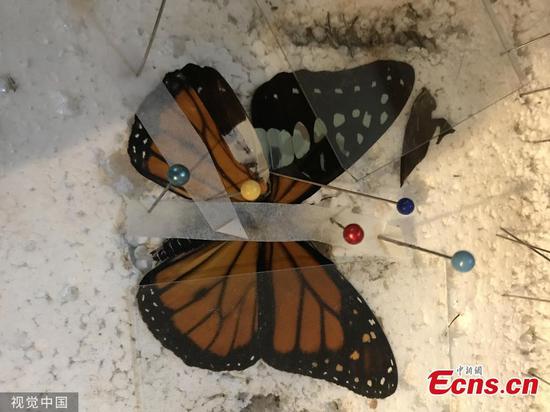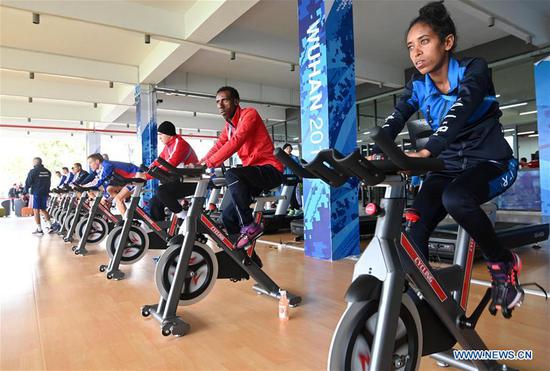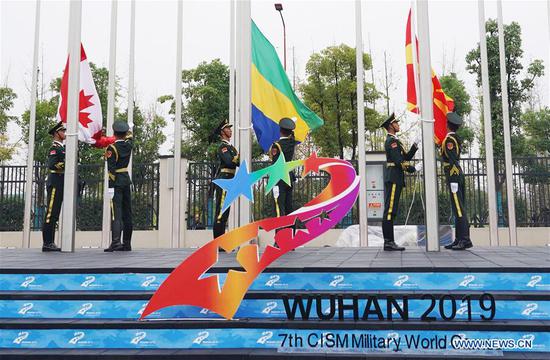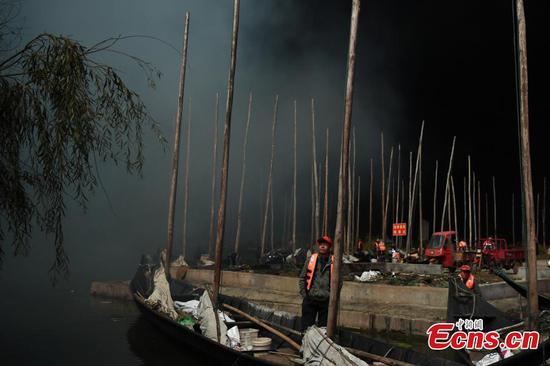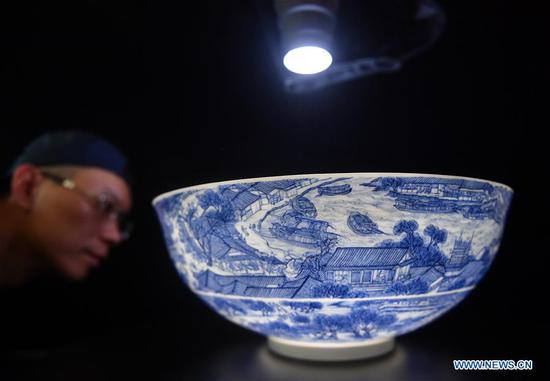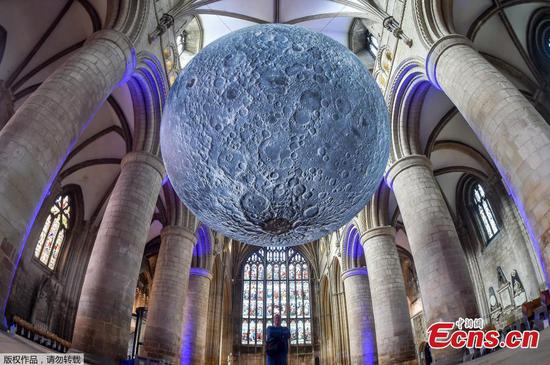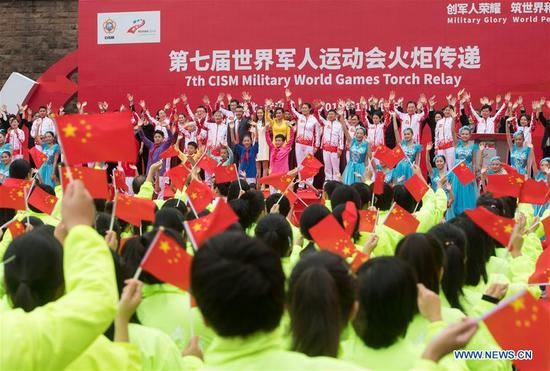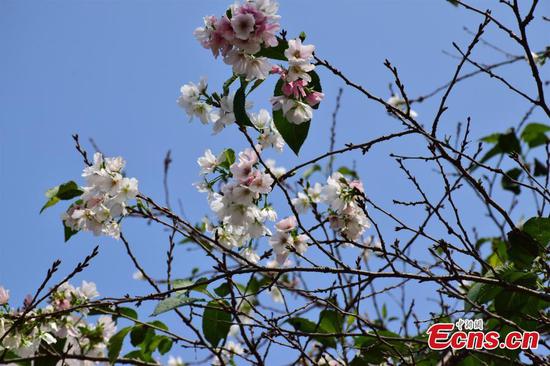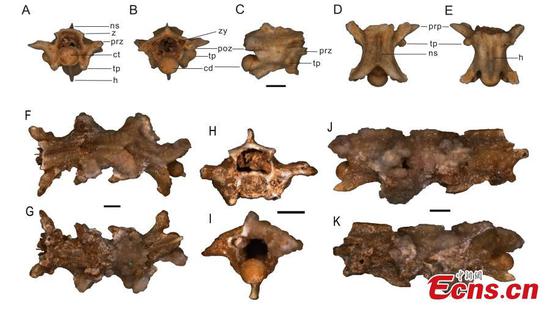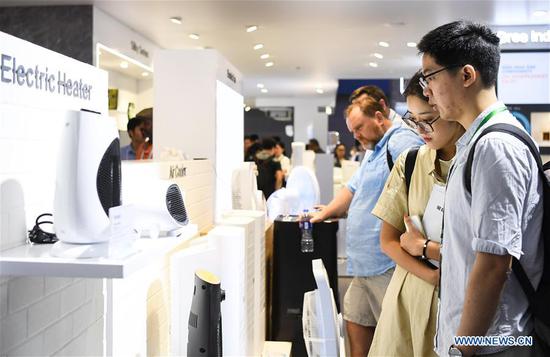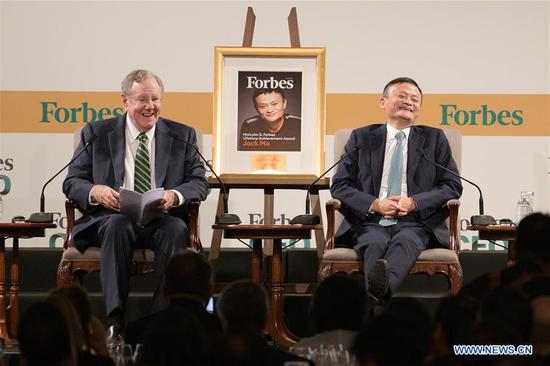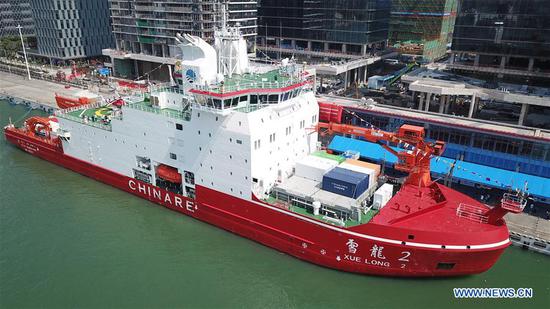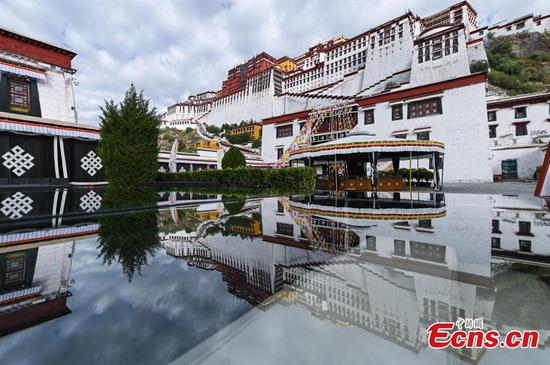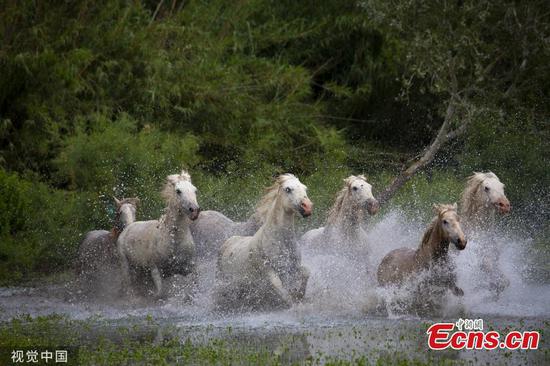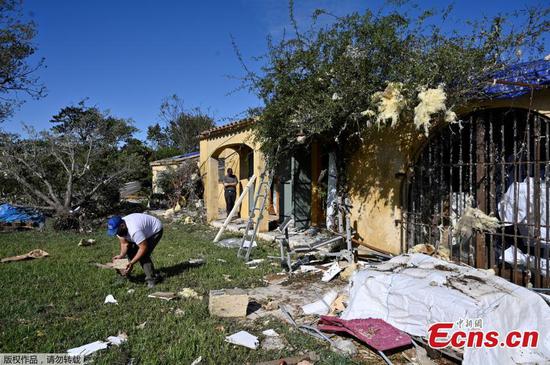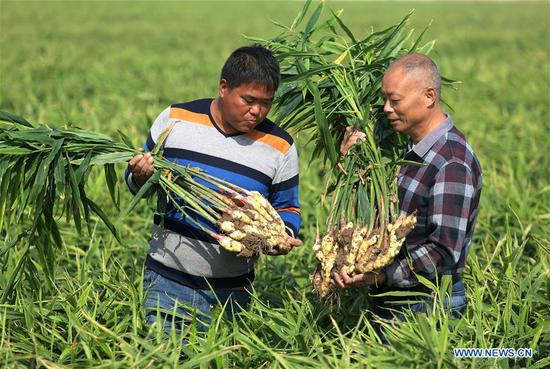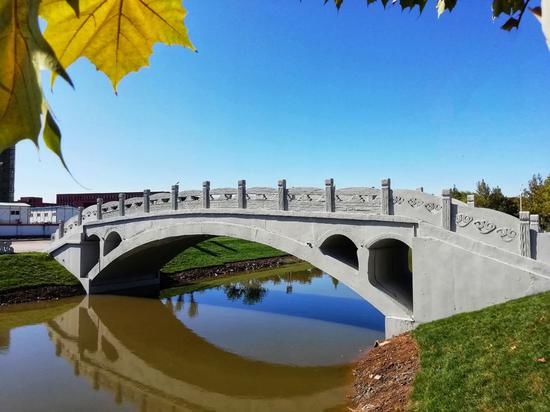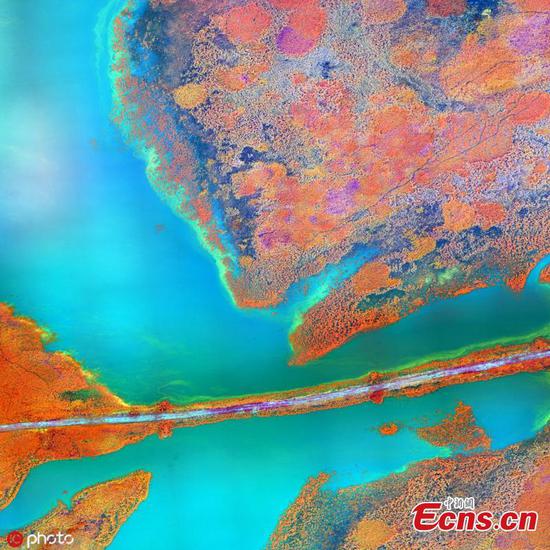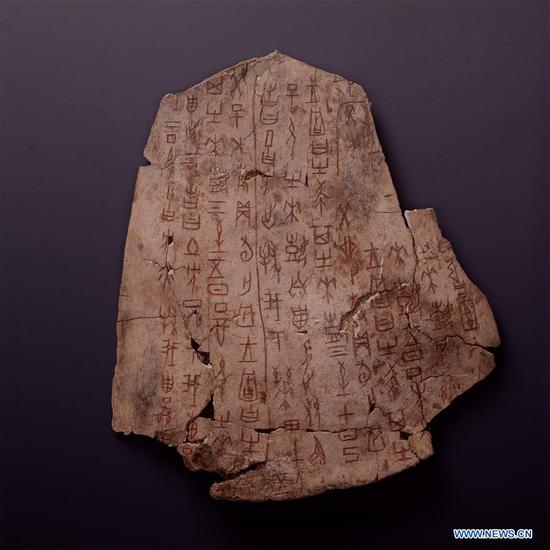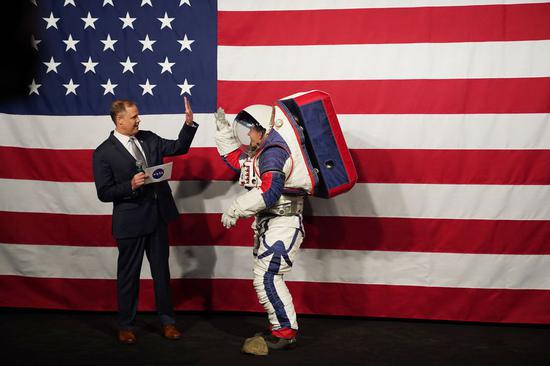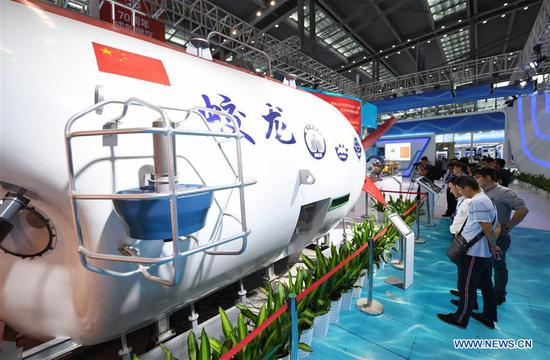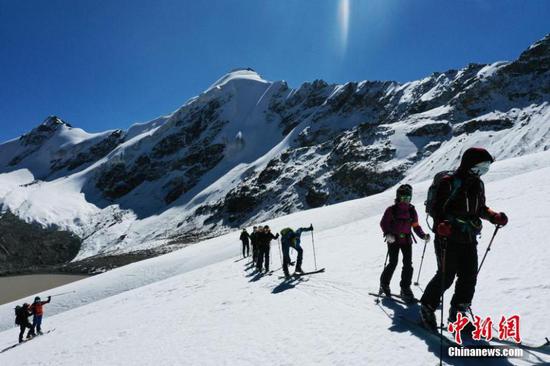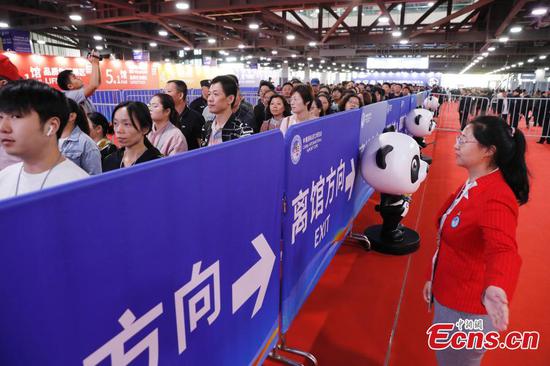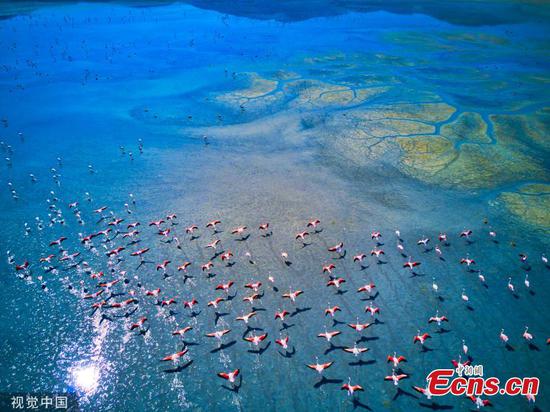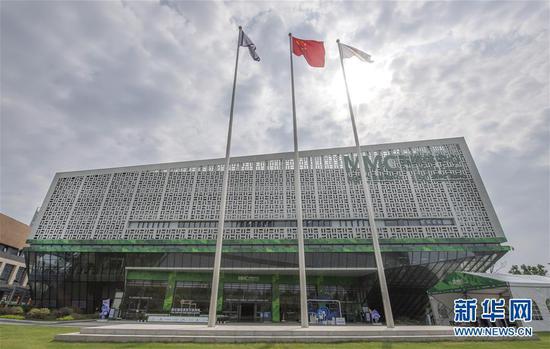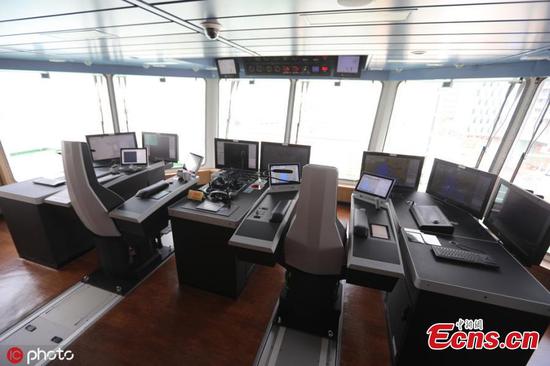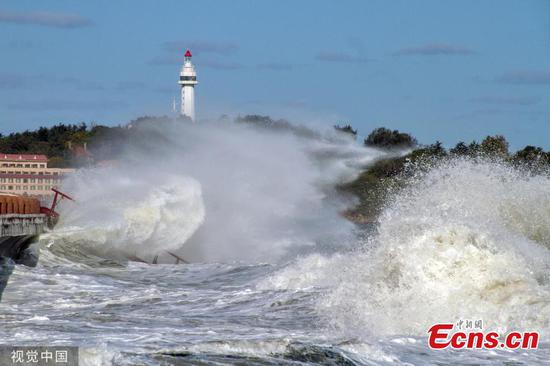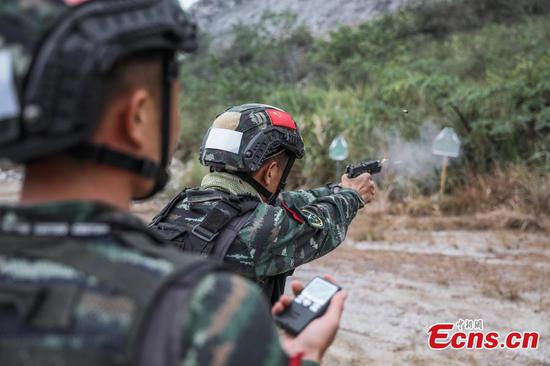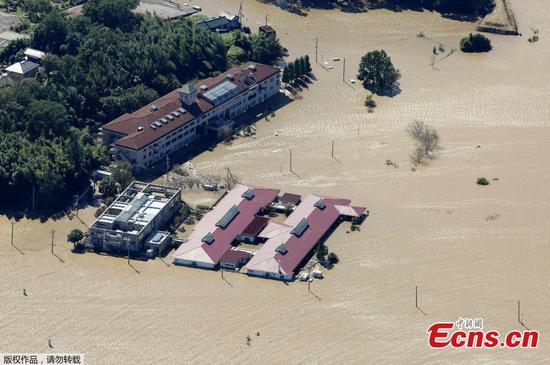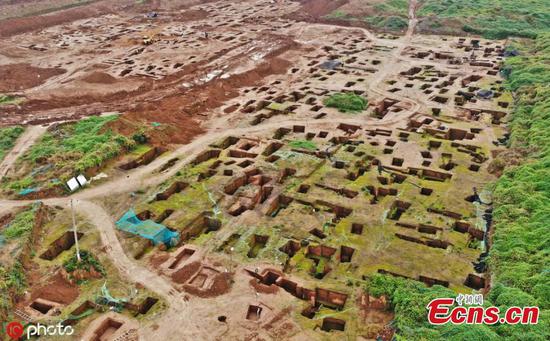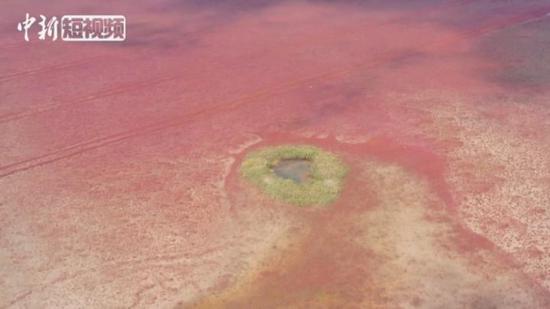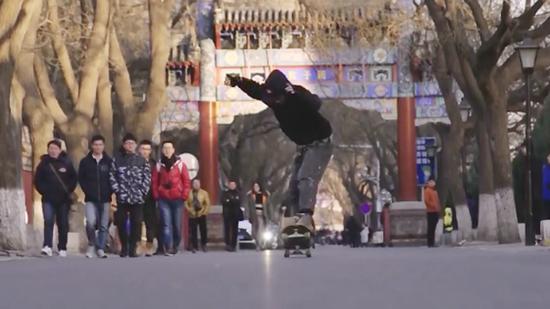Cooperative stance called essential for resolving important global problems
President Xi Jinping said on Wednesday that China will continue to maintain an open and cooperative stance when pursuing scientific and technological progress, and will help facilitate high quality, efficient, fair and sustainable development.
The world is experiencing a new round of a science and technology revolution and industrial transformation that will have a profound effect on global governance systems and the progress of human civilization, Xi said in a congratulatory letter to the opening of the 1st World Science and Technology Development Forum in Beijing on Wednesday. The forum runs for two days.
Science, technology and innovation are essential for solving key global issues and achieving sustainable development, Xi said. Therefore, China has and will uphold an open and cooperative attitude regarding science and technology.
China has also aligned its development strategy and national conditions with the goals of the United Nations 2030 Agenda for Sustainable Development, hoping to achieve high quality, efficient, fair and sustainable development and thus contribute to building a community with a shared future for mankind, he added.
The forum is organized by the China Association for Science and Technology, the Chinese Academy of Sciences and the Chinese Academy of Engineering. More than 400 experts and representatives from 18 countries and regions are participating in the event.
Wan Gang, chairman of the association, said scientific and technological cooperation is an important component and channel for enhancing mutual exchanges and learning between countries.
"It is our common aspiration to use science, technology and innovation to support the sustainable development of human civilization," he said.
Bai Chunli, president of the Chinese Academy of Sciences, said the academy has established strategic partnerships with more than 90 institutions from 45 countries and regions. The academy has also trained nearly 5,000 scientists for countries and regions involved in the Belt and Road Initiative.
Li Xiaohong, president of the Chinese Academy of Engineering, said the academy will continue its extensive collaboration with other countries in artificial intelligence, quantum information technology, new nanomaterials, genetic engineering and other fields crucial for industrial transformation.
Daya Reddy, president of the International Science Council, said global challenges such as disaster mitigation, disease control and climate change require joint efforts and cross-industry, cross-disciplinary cooperation to be tackled efficiently.
"Science is a global public good," he said, adding that the forum allows scientists and policymakers to get a deeper understanding of science and technology and their role in finding new ways to address global issues.









